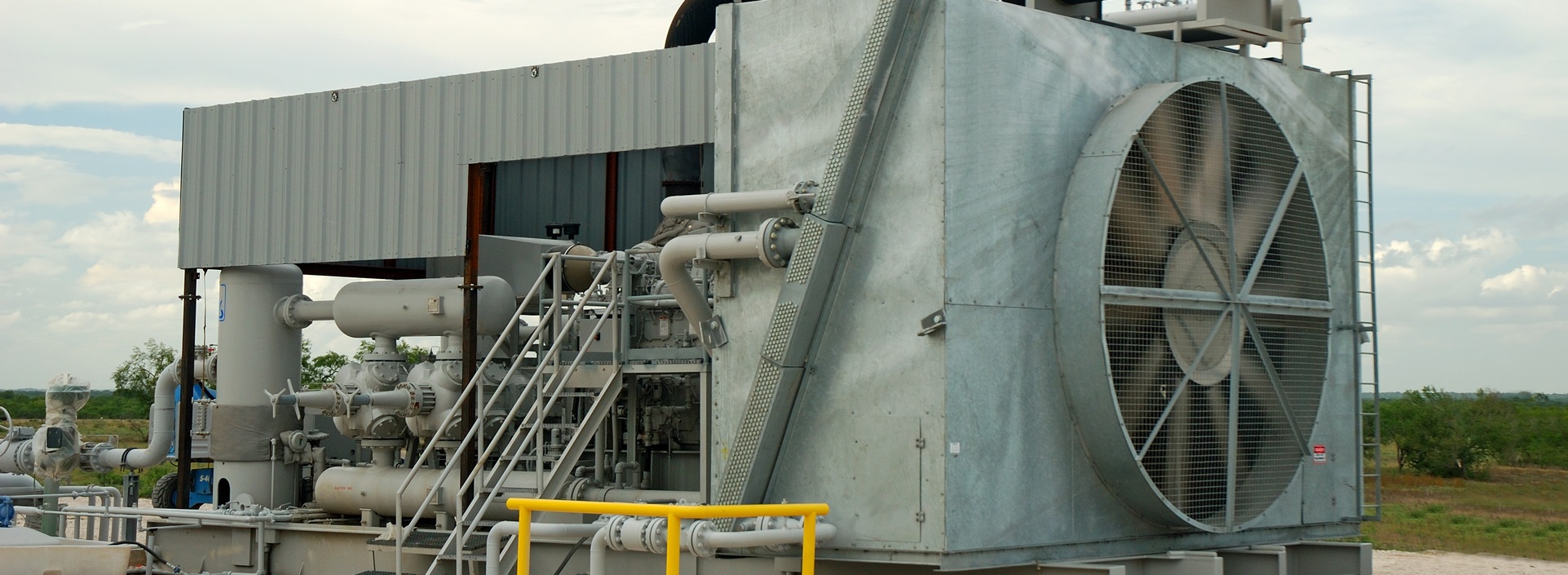Selection, Operation & Maintenance of Pumps, Compressors and Prime Movers
This 5-day course will focus on practical and theoretical knowledge about the selection, operation and maintenance of pumps, compressors and prime movers.
Details Duration: 5 days
Location: To be advised1. To understand and explain principles and functioning of major rotating equipment.
2. To recognise key factors in operation , which affect rotating equipment reliability and availability.
3. To understand rotating equipment maintenance strategies and practices.
4. To recognise rotating equipment distress and identify corrective actions.
5. To assist in rotating equipment failure mode assessments.
6. To understand process safety around rotating equipment.
7. To know new technologies in rotating equipmentNOTE: Objectives for each day will be discussed with the participants and will be verified at closure of each day.
- a) to verify if the objectives for this day were met
- b) to determine if any adjustments need to be made to the program of the following day (if relevant)
The course is open for the following participants:
- Mechanical engineers
- Maintenance engineers
- Production supervisors
- Interested engineers and supervisors from other disciplines
NOTE:
In order to achieve a “Skill” level, further practical learning through
e.g. On-the-Job training or participation in projects and/or assignments is required
Module 1: General Issues
Topics:- Overview of rotating equipment
- Technologies
- Maintenance philosophies
Module 2: Condition monitoring
Topics:- Performance
- Why condition monitoring
- Reliability/Availability
- Condition monitoring on Rotating Equipment
Module 3: Rotor dynamica
Topics:- Insight in dynamic behavior
- Rotor Balancing
- Electric motors
Module 4: Installation and commissioning
Topics:- Construction
- Piping alignment
- Pump alignmentI
- Inspections to perform
Module 5: Start up and testing
Topics:- Steam blowing / flushing
- Purging
- Lube oil systems
Module 6: High performance Couplings
Topics:- Types
- Installation
- DBSE
- Inspections
Module 7: Fracture & Fatigue
Topics:- Classifications
- Brittle Fractures
- Stress Corrosion Cracking
- Ductile Fractures and Fatigue Failures
Module 8: Centrifugal Pumps
Topics:- NPSH
- Pump calculation
- Minimum flow protection
- Pump Capacity Control
- Balancing Pump Axial Thrust
- Causes of Failure
Module 9: Mechanical seals
Topics:- Types in use
- Repairs executed
- Installation
- Sealplans
Module 10: Centrifugal Pump
Topics:- Start up and Testing FAT/SAT
- Pump on site testing
- Exercise on pump curves
Module 11: Centrifugal Compressors
Topics:- Overhaul philosophy
- Performance
- Capacity Control
- Anti-surge Protection
- Lube oil systems
- Installation and maintenance
- Failure discussion
- Fouling impact
- Shaft seals
- Sealing systems
Module 12: Metal Loss Mechanisms
Topics:- Erosion
- Cavitation
- Corrosion
- Wear
Module 13: Bearings
Topics:- Different types
- Properties and service
- Failure discussions
- Technology
Module 14: Anti-Friction Bearings
Topics:- Manufacture & Installation
- Failure mechanisms
- Mode identification
- Inadequate lubrication
- Electrical discharge
Module 15: Failure analysis
Topics:- Failure case discussions
- How to identify in early stage
Module 16: Gas Turbines
Topics:- Types of GT & power rating, Principles
- Start-up & testing
- Overhaul practices
- Operating profile
- Air systems& fouling of GT’s
- Fuel types and systems
- Turbine materials
- Turbine materials cont.
- Component parts
- Component Repair
Module 17: Gas turbine case history
Topics:- Fouling
- Derating
- Damages overheating
Module 18: Steam Turbines
Topics:- Overview of types
- Overhaul practices
- Control systems
- Overspeed protection
- Start-up & testing
- Steam Purity & Quality
- Running Clearances
- Split Flanges
- Blade Failures
- Wet Steam damage
Module 19: PD/Recip compressors
Topics:- Introduction to compressor types
- Overhaul Philosophy
- Suction & Discharge Valves
- Capacity control
- Gas quality
- Condition monitoring
- Compressor conversions
Module 20: New technology
Topics:- Cooling fans
- Dieselengines
- Sealless/Subsea Compression
- Compressors
Module 21: Electric motors
Topics:- Maintenance
- Bearings
- Lubrication
NOTE:
Although the course is aimed at a “Knowledge” (Understand) level, practical exercises and case studies will form an integral part of the learning process.
The objectives and modules of the training course “Selection, Operation & Maintenance of Pumps, Compressors and Prime Movers” are directly linked to the Competence Assurance Programme (CAP) as developed by SOGOS Academy. Skills are selected from the SOGOS Academy skills library and these are translated into the training course curriculum. This approach ensures that each training event will demonstrable contribute to the competence of course participants.
The management framework CAP ensures competence of all employees through:
- the use of a unique set of skills standard to the oil & gas industry
- a common language for skills and competence
- the use of development/job profiles for each employee
- fit-for-purpose training targets
- a control mechanism to measure state of competence
About the trainer
High level specialist in gasturbines, diesel/gas engines, power generation and all type of pump and compressor installations, all static equipment in O&G. Efficiency driven maintenance strategist with a clear view on Total Cost of Ownership. Trainer/teacher on several mechanical engineering courses. Trouble shooter on major equipment and rotor dynamic behavior specialist on all type of equipment trains. Rotor dynamic specialist with authority in industry.Disciplines:
Production Operations & MaintenanceYears of experience:
40For more information about this training, please send an email. If you need immediate assistance, please contact by phone.
- Email: info@sogosacademy.com
- Phone: +31 (0) 524 552616

